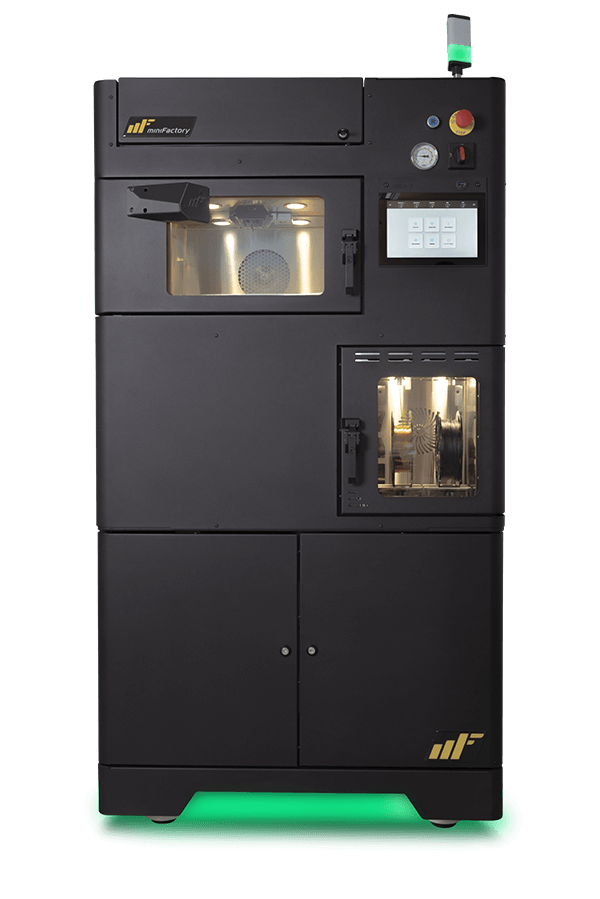L'impression 3D révolutionne l'industrie automobile en offrant la possibilité d'une production plus écologique et à la demande. Grâce aux polymères haute performance, il est possible de fabriquer des pièces automobiles légères, durables et fiables rapidement et à moindre coût avec l'impression 3D.
L'impression 3D avec des polymères haute performance et des composites en sport automobile permet de produire des pièces de qualité course à la demande et sur site plus rapidement que jamais.
Le secteur des transports se dirige vers un avenir plus durable avec les véhicules électriques. Cependant, en raison de la transition des moteurs conventionnels vers l’électrique, les exigences en matière de matériaux sont plus élevées qu’auparavant.
L'impression 3D dans l'industrie automobile permet un délai de fabrication court pour les outils d'assemblage et les gabarits. En utilisant des polymères haute performance, la durabilité de ces outils peut être portée à un niveau supérieur grâce à leur résistance extrême aux produits chimiques et à la chaleur.
La fabrication de pièces de course peut prendre plusieurs semaines. Avec l'impression 3D de polymères haute performance, la production peut être réalisée du jour au lendemain et sur site. Dans le meilleur des cas, cela se fait en quelques heures, sans outils spéciaux, moules ou méthodes de fabrication en plusieurs étapes. Dans de nombreux cas, la version imprimée en 3D de la pièce peut même surpasser l’originale. De plus, l’impression 3D permet d’optimiser le flux d’air de la pièce pour obtenir les meilleures performances possibles.
„Avec l'imprimante 3D miniFactory Ultra, nous pouvons créer des pièces finales avec des fonctionnalités intégrées. Ces pièces étaient auparavant difficiles à obtenir ou même à fabriquer. Un excellent exemple d'une telle pièce est le nouveau conduit d’admission du turbo que nous avons imprimé en 3D. La géométrie complexe combinée à un flux d’air optimisé ne cesse de m’étonner.”
-Jari-Matti Latvala, JML-Sports
Les polymères haute performance naturellement isolants offrent une isolation électrique supérieure par rapport aux métaux, ce qui est essentiel pour les équipements de production d’énergie manipulant des courants électriques. De plus, les polymères haute performance ont démontré une résistance diélectrique et une résistivité plus élevées, ainsi qu’une meilleure conduction thermique et stabilité dans des conditions extrêmes. Ces propriétés ouvrent des opportunités inédites pour la conception et la fabrication de produits.
Grâce à la combinaison de remarquables propriétés d’isolation électrique et d’une résistance à la chaleur allant jusqu’à 250°C, l’impression 3D de polymères haute performance ouvre de nouvelles applications dans l’industrie automobile.
Les processus de fabrication dans l'industrie automobile sont complexes et nécessitent une grande variété d'outils et de dispositifs spéciaux à chaque étape de travail. Lorsque les outils doivent également résister à différents produits chimiques ou à des températures élevées, l'impression 3D avec des polymères haute performance est la solution idéale pour répondre à ce besoin.
Les outils haute performance imprimés avec des ultra-polymères sont une solution durable pour les environnements extrêmes. Un excellent exemple est le processus de peinture d’une voiture, où les pièces peintes sont exposées à des produits chimiques et à des températures élevées.

Contactez-nous et nos spécialistes vous répondront rapidement.
« * » indique les champs nécessaires